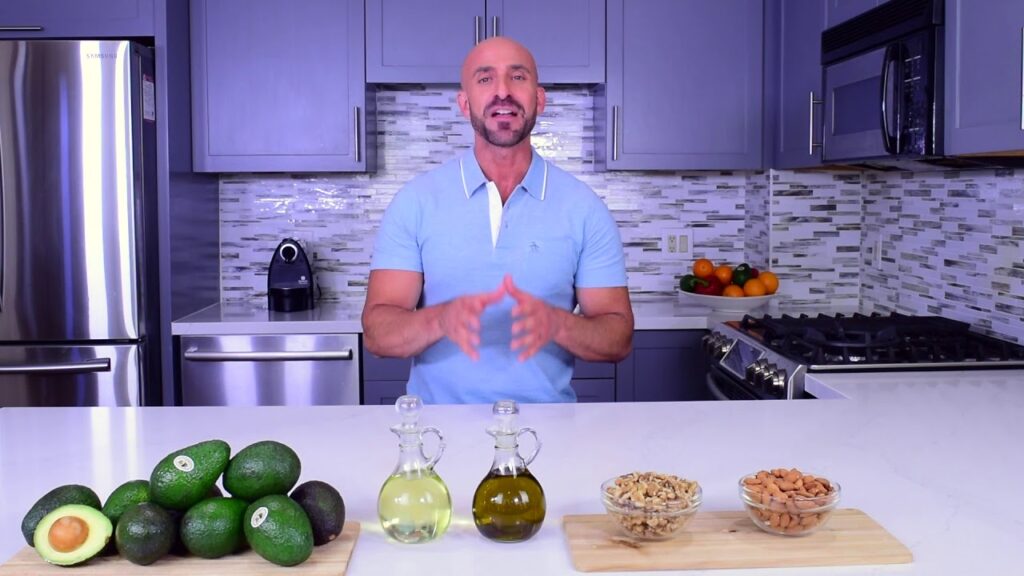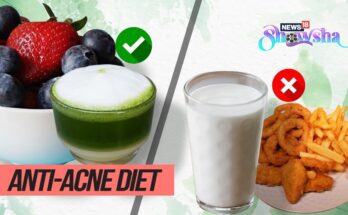
Despite a past reputation, fat is not the enemy. In fact, healthy fats are a vital and essential part of a balanced diet, crucial for numerous bodily functions. They provide a concentrated source of energy, help the body absorb fat-soluble vitamins (A, D, E, and K), and are fundamental building blocks for cell membranes and hormones.
The key is to distinguish between healthy and unhealthy fats. Saturated and trans fats, found in many processed and animal-based products, can raise “bad” LDL cholesterol and increase the risk of heart disease. Conversely, unsaturated fats—monounsaturated and polyunsaturated—are considered “good” fats. They help to lower bad cholesterol and can have a protective effect on heart health.
Among the most important are omega-3 and omega-6 fatty acids, which the body cannot produce on its own. Omega-3s, in particular, are essential for brain health, supporting cognitive function, memory, and may help reduce inflammation. They are a major component of brain tissue and are crucial for the development of the brain and eyes in infants.
Excellent sources of healthy fats include:
- Monounsaturated Fats: Avocados, olives, nuts (almonds, cashews, pecans), and oils like olive and canola.
- Polyunsaturated Fats (including Omega-3s): Fatty fish such as salmon, mackerel, and sardines, as well as walnuts, flaxseeds, and chia seeds.
Incorporating these foods into your diet in moderation can help you reap the significant health benefits of healthy fats.


